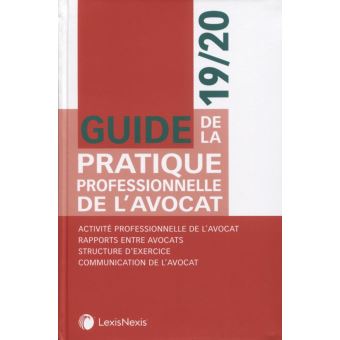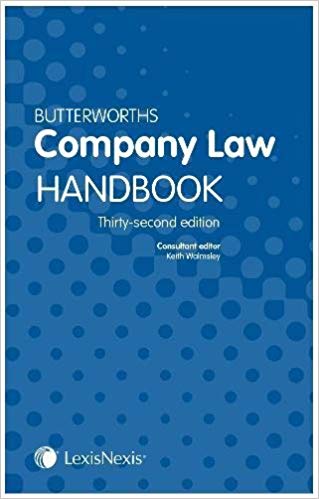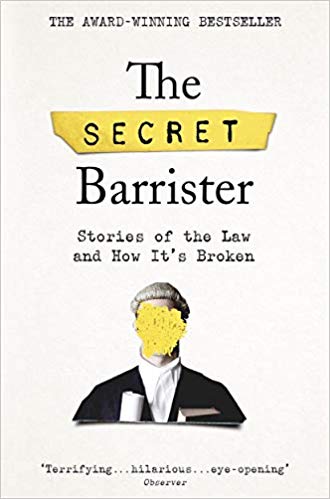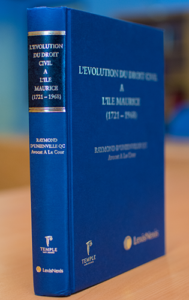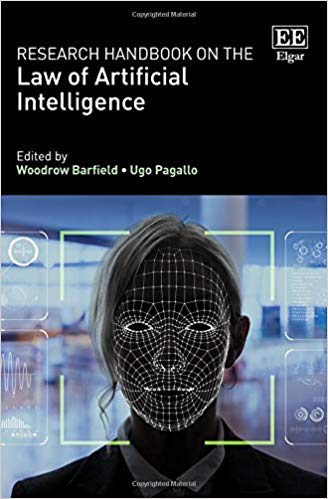Description
Covering all aspects of the client interview, Conference Skills is designed to help trainee barristers develop the key written, interpersonal, and case-work skills required to conduct successful client conferences. Special attention is devoted to skills of questioning, listening, and advising, to ensure the trainee barrister is well equipped to maximize a client conference in terms of gathering information and giving advice.
Featuring numerous how-to-do-it guides, worked examples, and realistic case documentation, the manual offers practical step-by-step guidance so that the trainee barrister can approach any client conference with confidence.
Table of Contents
1:Introduction and overview
2:General principles
3:The client
4:Meeting the client – conducting the conference
5:Case preparation
6:Questioning techniques
7:Advice
8:Concluding the conference
9:Specific ethical problems
10:Specific client needs
11:Cross-cultural communication
12:How to judge an effective conference
13:Practitioners’ perspective
14:Sample exercise

